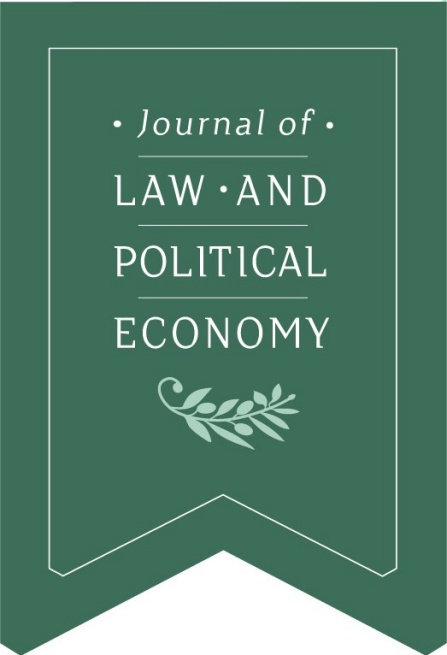
Privacy’s Democratic Pushback
The public square is too often a place of surveillance, violence, hate, and subordination, with members of historically marginalized groups bearing the brunt of these harms. Privacy rights enable marginalized communities to enrich the public sphere while protecting themselves from violence and subordination.






